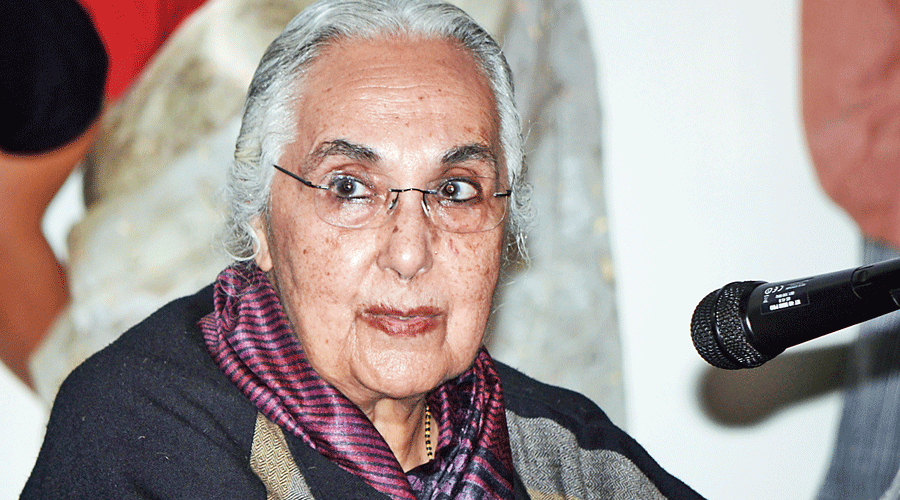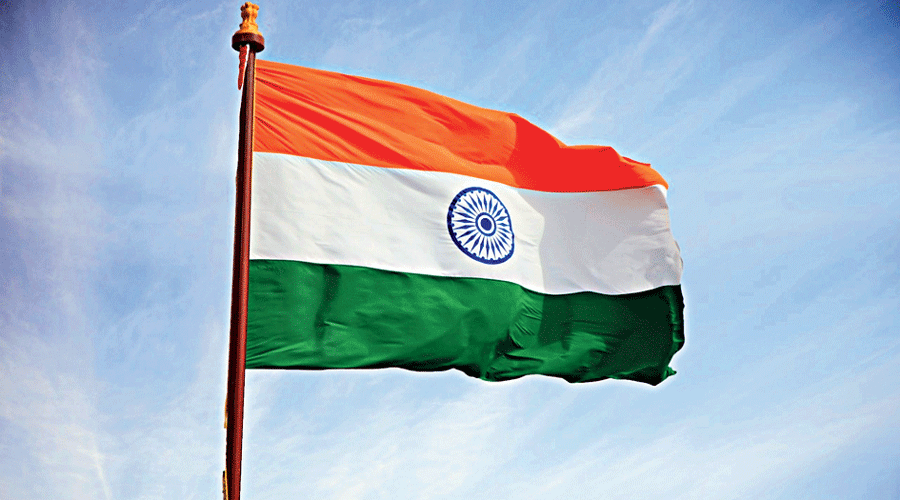India under Hindutva represents a “reversal of the values” and “ideals” of the independence movement, historian Romila Thapar has said.
On how she saw India under Hindu nationalism, as suggested by journalist Karan Thapar who interviewed her for The Wire news website, Romila Thapar said: “It is a reversal of the values, ideals that the Indian national movement for independence stood for…. It is not a continuation. I see it as a break.”
She added: “Two things that have bugged us badly right through history: caste, poverty…. We have not even marginally affected the functioning of caste as a body of political power, economic power and so on…. There is no guarantee from the State of fulfilling the rights of the citizen.”
Asked “You don’t like Modi’s India?” she replied: “No. I think it’s too narrow, it’s too limited. It hasn’t got the richness. It hasn’t got the anticipation of possibilities of what could happen. It hasn’t got that fantasy of the kind of human beings we could make ourselves.”
Romila Thapar spoke at length about how, after Independence, historians had taken a more nuanced and secular view of Indian history, based on evidence, and continued to do so with new sources of information from archaeology and genetics.
She cautioned against the fallacies of revivalist history and spoke about how she faced harassment for sticking to her rational method of historiography.
“What is happening is the revival of the colonial history of India by pretending that this is indigenous history…. The professional historian who today says, ‘Look at the evidence’, is dismissed because the evidence for them doesn’t exist. It is just what you make believe of the past that holds,” she said.
On the efforts to rewrite history over the past six to eight years, the JNU professor emerita said: “I think it is a distortion. I have been heavily attacked in the worst and most disgusting ways because I am a woman, and women are easy targets especially for sexist attacks…. But I still maintain that the history that is being propagated as Hindutva history is not history.”
She added: “History has become a catechism. You are given a question; you are given the answer. You stick with that question and you stick with that answer. Don’t ask another question and don’t look for another answer.”











